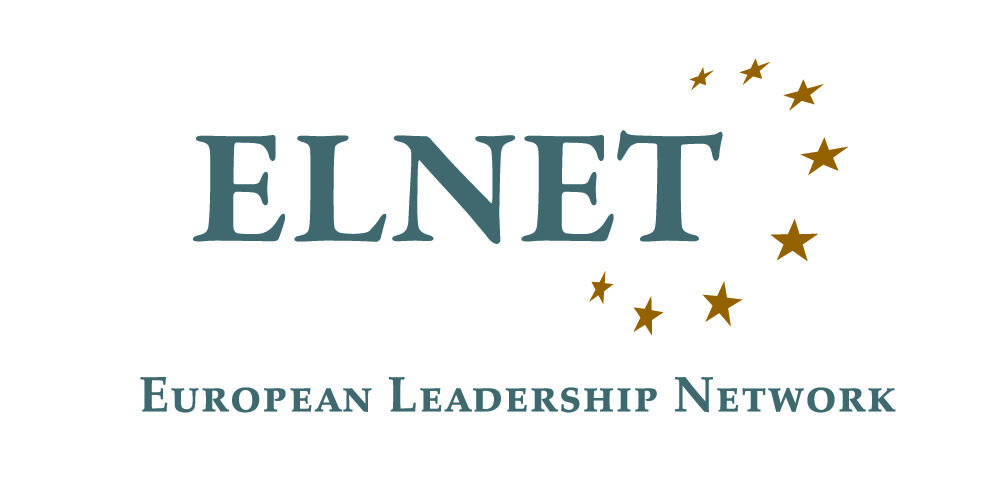Israel has a difficult position within the United Nations. Bodies such as the General Assembly or the UN Human Rights Council, regularly pass resolutions appling a different standard to Israel than to other UN member. Since 2015, the General Assembly has passed 112 resolutions critical of Israel, while autocratic states such as Iran (5), Myanmar (4), Libya (0), or China (0) have received little attention.
On March 11, 2021, ELNET organized an event on German policy towards Israel within the UN. After the German Bundestag decided on April 26, 2018 “to protect Israel and Israel’s legitimate interests in international organizations from unilateral attacks”, the event offered the opportunity to take stock of the outcome of this decision. Over 50 participants, including representatives from the German Bundestag, the European Parliament, and the German media, took part.
The event, moderated by Sabina Wolf (Bayerischer Rundfunk), was opened with a keynote by Ambassador Meirav Eilon Shahar, Permanent Representative of Israel to the United Nations and international organizations in Geneva. Ambassador Shahar thanked the Federal Republic of Germany for its diplomatic support for Israel, but at the same time warned that Israel was under great pressure within the UN. The number and type of anti-Israeli resolutions make it clear.
Afterwards the three members of the Bundestag Dr. Daniela De Ridder MP (SPD), Dr. Andreas Nick MP (CDU) and Frank Müller-Rosentritt MP (FDP) led a moderated discussion with the experts Emmanuelle Kasavi (UN Watch) and Dr. Olaf Wientzek (Konrad Adenauer Foundation). Emmanuelle Kasavi agreed with the ambassador’s remarks and emphasized the extent of the anti-Israeli instrumentalization of UN bodies. It speaks volumes that the Human Rights Council has reserved a permanent agenda item for alleged Israeli violations, which is not the case with any other country.
In light of the hostility towards Israel within the UN, Daniela De Ridder and Andreas Nick agreed that Germany should take action. As an opinion leader, Germany has great responsibility, and should hence adapt its voting behavior. Andreas Nick made it clear that Israel should be treated like any other UN member and that Germany supports Israel on this issue. Frank Müller-Rosentritt criticized the German government. In his view, it still looks like Germany supports campaigns that delegitimize Israel. The German strategy of not voting “no” too early to be able to influence the language of the resolutions paints the wrong picture and is difficult to convey. Olaf Wientzek recommended that Germany should coordinate its voting behavior with like-minded states at an early stage. This way Germany would be far more effective.
For further information in German please check out the ELNET-Germany Policy Brief “Israel and the United Nations: Taking stock.” It provides an overview of the current situation within the UN and offers concrete recommendations to German politicians.

